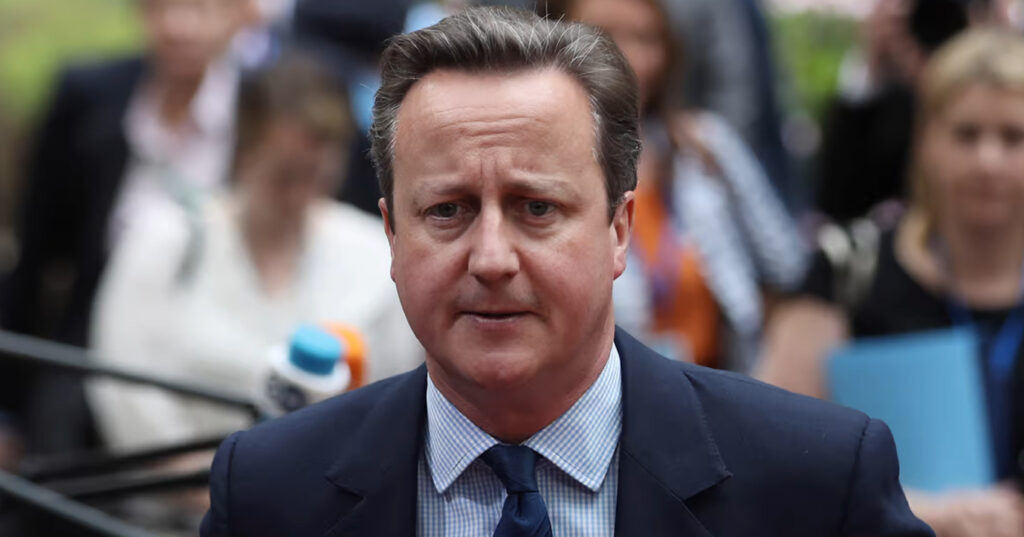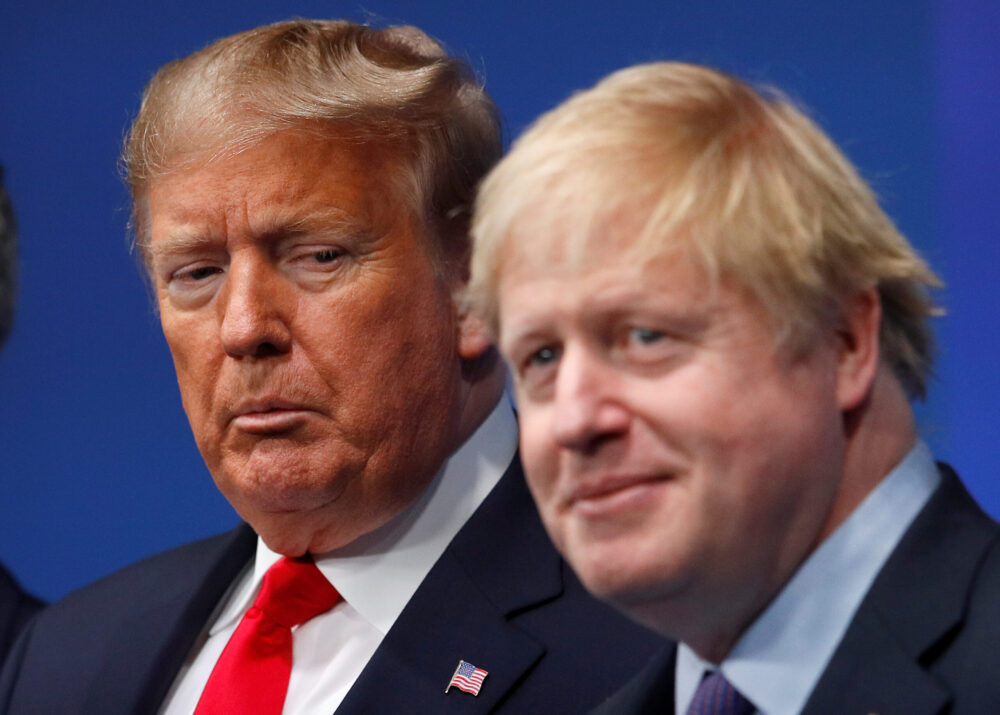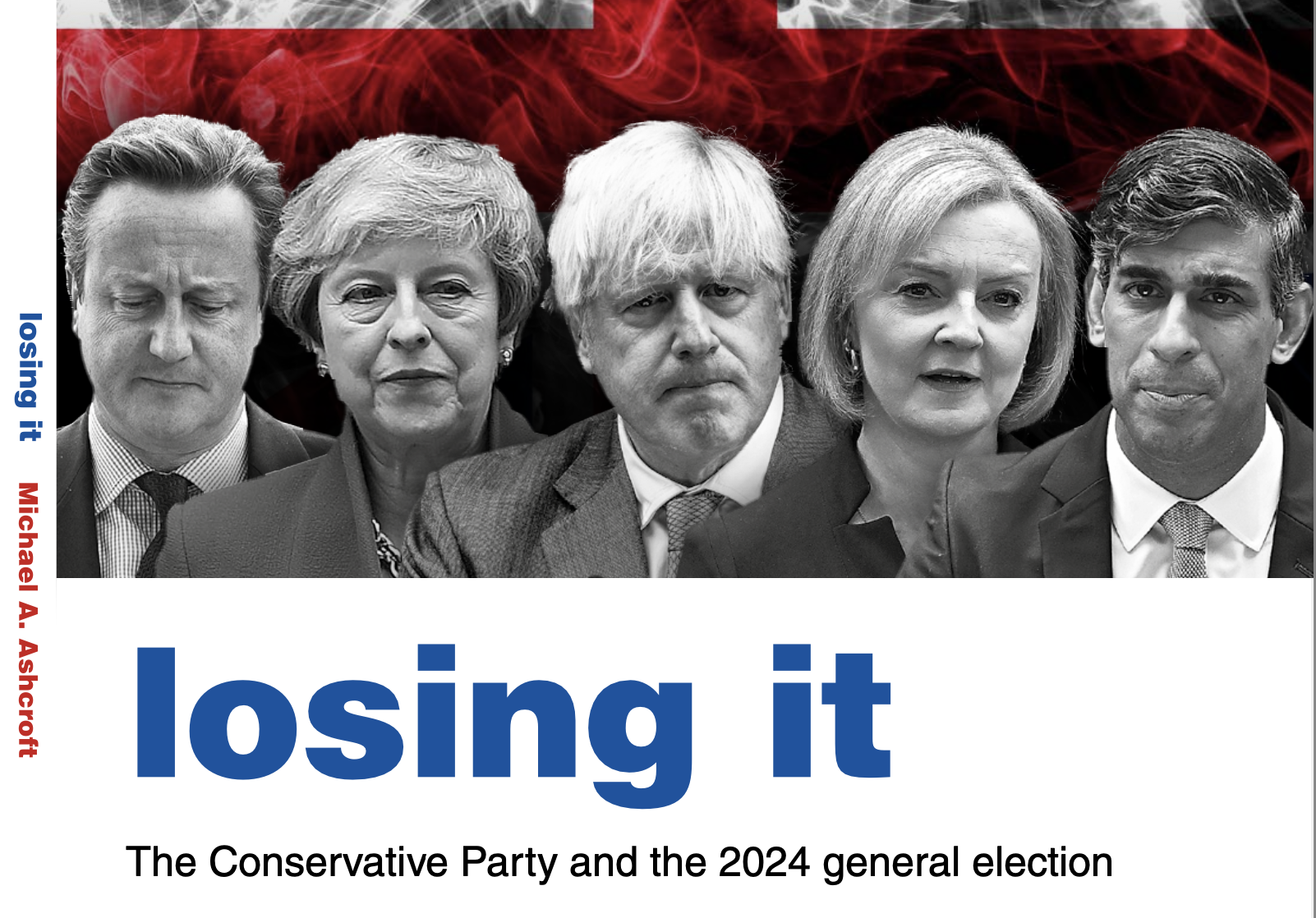
It is the received wisdom that the leaking of the Panama Papers triggered the Prime Minister’s worst week since he took office. From his personal point of view, that may well be true: having the media trying to dig into your family’s tax arrangements is not a pleasant experience, as I can attest. But politically, how much has really changed since open season was declared on the Camerons’ financial affairs?
As so often, it is worth remembering that most people have better things to do than follow the minutiae of political coverage. Nothing very important gets past the voters, but they have a knack of getting straight to the point. The Cameron tax story, then, boils down to three essential elements.
First, the Camerons are rich. (To anyone who did not know this already – a Peruvian goatherd, perhaps, or a hermit – the last week’s news will have come as quite a revelation.) Second, they may have taken some steps to avoid paying any more tax than they had to. Third, nothing they did was against the law.
For some people, the question of legality is beside the point. They will see the episode as further proof that the system works for the wealthy, who take care to arrange things to their advantage while claiming that we are all in it together. Legal obligations are one thing, they argue, but moral responsibilities are another. This is a widespread view, even among people who have pensions and ISAs and enjoy duty-free shopping. But how many of them now have a different opinion of David Cameron from the one they had before Mossack Fonseca received all their unexpected publicity?
For (I suspect) rather more people, stories like this are a sideshow. As I noted in The Unexpected Mandate, my review of the 2015 election drawing on my research throughout the last parliament, Cameron’s wealth has only really counted against him with those already least inclined to vote Tory.
There were three reasons why his poshness was not more electorally damaging: for one thing, as far as many voters were concerned, there was little to choose between the backgrounds of Cameron and his opponents, and much of the rest of the political class. Next, people related to Cameron more naturally than they did to other leaders, especially Ed Miliband. Finally, and crucially, when it came to the attributes needed to do the job, Cameron retained a commanding lead over his rivals – and there is no reason to think people’s calculation would be any different with the current contenders. By a wide margin, Conservative voters also accepted the need for further austerity, irrespective of the wealth of those who would implement it.
None of this is to say that the Tories don’t have more to do to persuade sceptical voters, including some who voted for the party last year, that it is really on their side. Nor does it mean the story could not have been handled better, as Cameron has readily admitted. But I doubt very much that many people think differently about the PM or his party from the way they did ten days ago.
Yet it would not be quite true to say that nothing has changed. I see why Cameron, and then George Osborne and Jeremy Corbyn, felt the need to publish their tax returns, but the precedent that has now been set could do more harm than good. If this becomes a standard requirement for Ministers, then MPs and candidates, it will deter capable people who might otherwise think about standing for office – not just those who have made some money, but anyone who thinks that opening their family finances for all to see is an intrusion too far. If the problem is that our rulers live in a different world from the ruled, the solution is surely not to come up with a new way to put normal people off entering politics.


